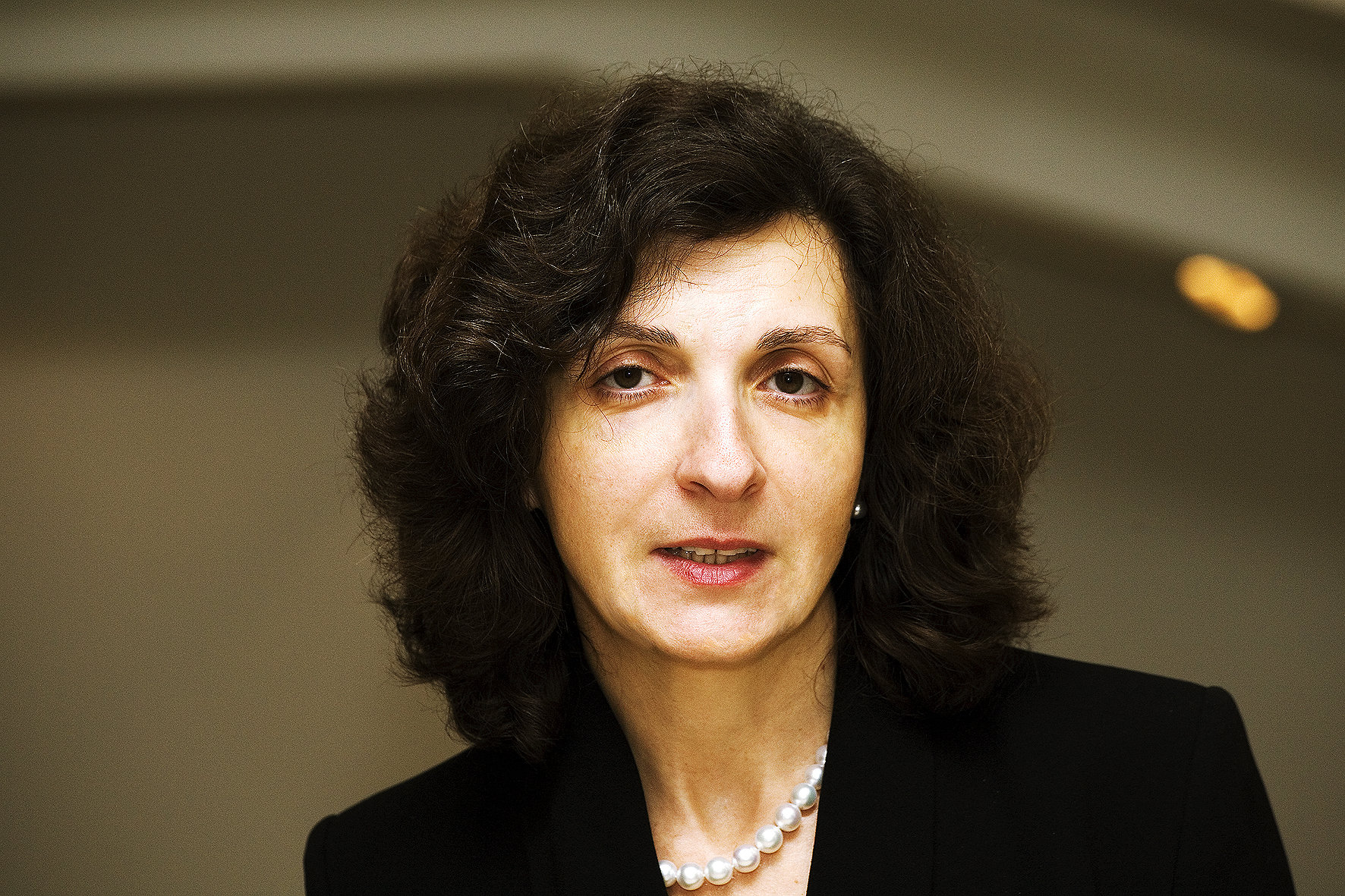Center for Mediation and Law President Tsisana Shamlikashvili discusses the early successes of the law on mediation and the prospects for alternative dispute settlement in Russia with the Russian Legal Information Agency.
RAPSI: As of July, a year has passed since the introduction of the law on mediation. What can you say about the initial results of the law?
A.: Of course, the law’s adoption and the incorporation of the new institution influence just how fast mediation becomes a part of the business and legal culture, and social life. There is increased interest in mediation in various professions, including the legal community.
Under the law, the judges who already use mediation are interested in and loyally apply this tool as another means for improving the legal system. The number of applications to use mediation is growing. Similarly, the community of professional mediators is growing. Increased attention is being paid to incorporating mediation into the legal personnel training system. The law has legitimized the new institution and created a foundation for involving various professional and public groups in the practice.
RAPSI: Does the law’s passing mean the required legal framework exists for mediation?
A.: Mediation is an absolutely new institution for our country. Its continuing enforcement will create the basis for improving mediation in the future. But it is too early to say that its legal framework is fully formed. The law that came into force in January creates the foundation for the successful introduction and use of mediation. And it also serves as a starting point for its development and improvement.
There are myriad areas – both in the legal and other spheres – where the potential for mediation cannot be overestimated. Perhaps in the future, the law will also be applied to administrative legal relations, such as taxes. Later, mediation might be introduced to legislative acts regulating activities in very specialized areas. However, this would occur as a result of everyday practice.
RAPSI: Do judges, top judiciary officials and lawyers support mediators? How is the public responding to mediation?
A.: It should be noted that immediately after mediation emerged in Russia in 2005-2006, many judges were proponents of its introduction. Over the years, their number has grown significantly thanks to major awareness-raising campaigns. Now that the law has been adopted, judges can and should use this institution in certain cases. Today, we could say commercial courts generally understand and accept the importance of mediation and are willing to use it. As for general jurisdiction courts, they also understand and support mediation. However, further work with courts, including lay judges, is necessary to teach them the basics of mediation and to guarantee that there is a competent supply of and an informed demand for mediation. This is vital both for the professional environment – including the legal one – and for society in general.
RAPSI: Earlier, you said the legal community was poorly informed about mediation. Is the situation changing for the better?
A.: The legal community is still poorly informed about mediation. This will remain so for a long time. The same is true about society in general. The development and promotion of mediation require constant and consistent efforts. Of course, the situation is changing for the better every day. Similarly, it is the task of both professional mediators and the proponents of the institution’s development to further inform the people about its goals and possibilities.
RAPSI: Oleg Sviridenko, the former head of the Moscow Commercial Court, has stated that pretrial procedures for dispute settlements could reduce the work of judges by about 30%. What is your forecast? Can a positive trend be observed in court practice?
A.: I think this forecast is close to the real figure, especially because judges who use mediation reach amicable agreements more frequently than their colleagues who do not use the institution. One such example is the Ural Federal District, which is holding an experiment by introducing conciliatory procedures in court work. It has already reported a number of positive results.
At the same time, we still do not have a properly functioning system for judges to refer parties for mediation. We are doing our best to shape such a system in courts – to make mediation a part of the everyday interactions between judges and the parties concerned. Therefore, in this respect, the law is a major help as it gives judges the legal foundation for integrating mediation into the trial process.
Part II soon to follow in our "Special Coverage" section.



